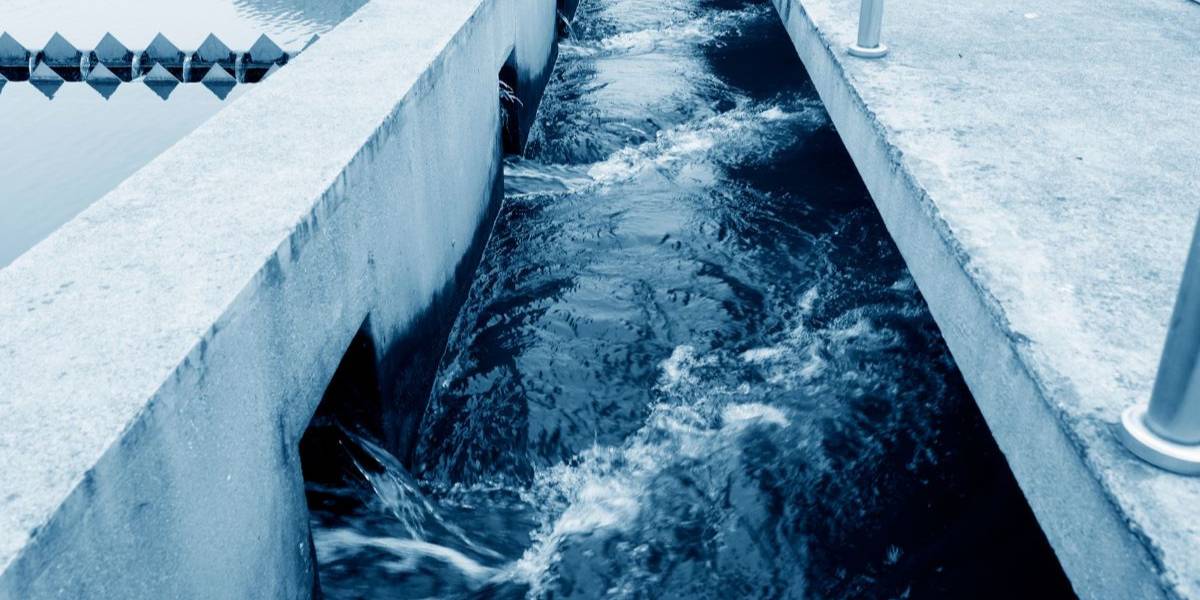We reduce costs and environmental impact by optimizing our sludge management
At Global-TALKE, we continue to advance in the optimization of our processes with a sustainable approach. Recently, we have carried out the characterization of the sludge from our treatment plant — a key step that has allowed us to repurpose this by-product for composting in collaboration with a specialized company.
Environmental and economic impact
This change in sludge management has delivered both environmental and financial benefits:
- ✅ Cost reduction: repurposing the sludge as compost has generated an estimated annual saving of €35,000–€40,000 compared to traditional disposal methods.
- ✅ Lower carbon footprint: a significant reduction in CO₂ emissions has been achieved by minimizing the environmental impact of conventional sludge transport and treatment.
- ✅ Nutrient recovery: compost made from the sludge enables the recovery of organic matter and essential nutrients such as nitrogen and phosphorus, supporting agricultural soil fertilization and reducing the need for synthetic fertilizers.
Technical process and validation
The sludge characterization included physical-chemical and microbiological analyses to ensure its suitability for composting. The parameters evaluated include:
- Organic matter content: assessed to determine its biodegradability potential.
- Presence of heavy metals: verified to ensure compliance with regulatory limits for agricultural use.
- Microbiological load: checked for the absence of pathogens that could compromise compost safety.
Towards more sustainable management
This project not only optimizes our waste management but also reinforces our commitment to the circular economy, aligning with European sustainability strategies. At Global-TALKE, we remain committed to the ongoing pursuit of innovative solutions that combine operational efficiency with a lower environmental impact. For this reason, we continue to work on new approaches to make our processes a benchmark in sustainability.

